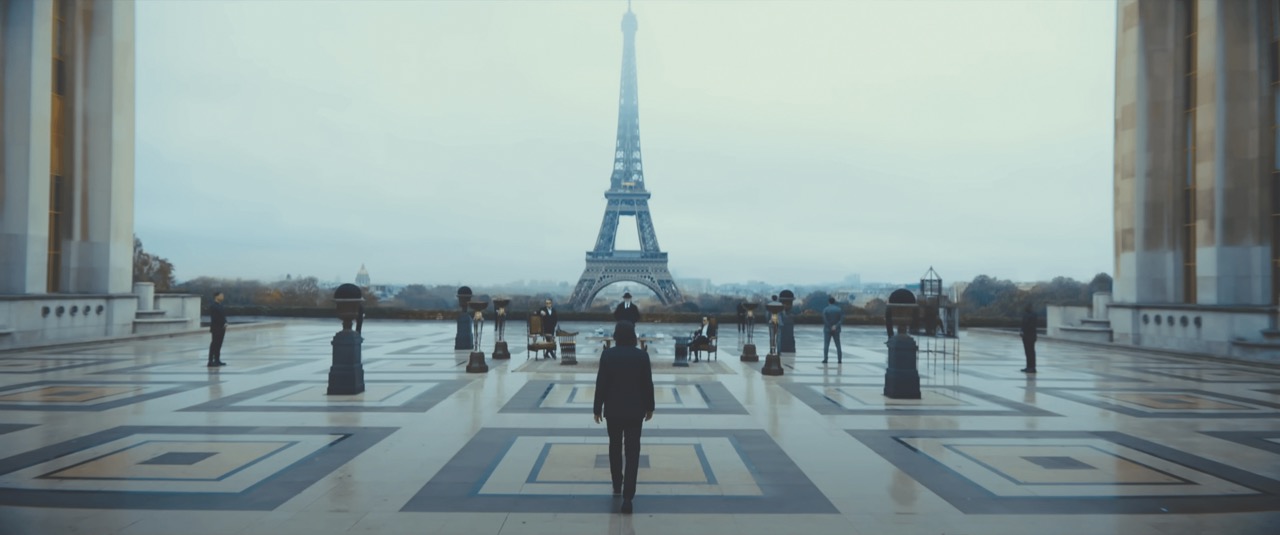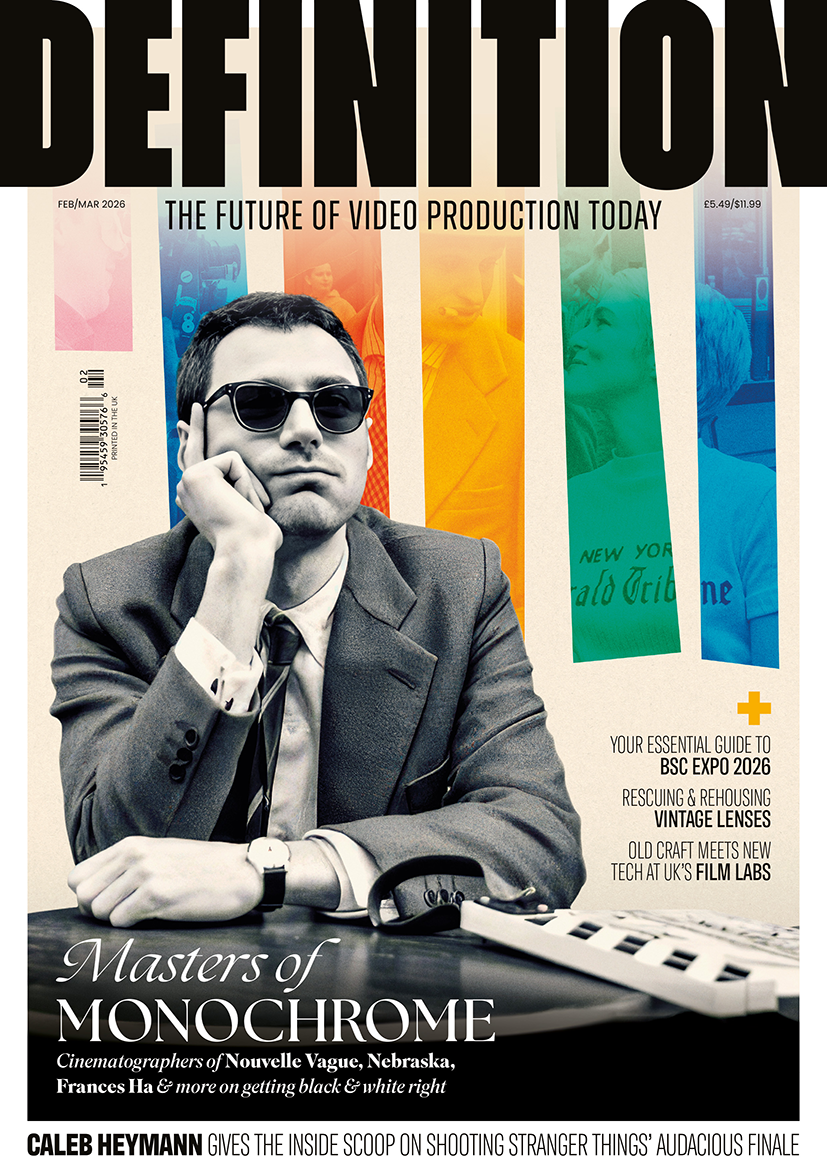
International industries: Filmmaking in France
Posted on Aug 4, 2025 by Admin
Our world tour continues with France, an industry known for its pioneering New Wave and its cinematic poeticism. We hear from Romain Lacourbas, ASC, AFC, who dissects the country’s current status as a leading exporter of films and speculates about why it has such a strong showing
Words Katie Kasperson | Top image Netflix
In 2024, France produced and co-produced nearly 250 films, which is a ‘big number for Europe’, according to Romain Lacourbas, DOP and board member on the French Society of Cinematographers (AFC). “If you look at the numbers, it reads that the market is in good shape and going well. But if you read in between the lines, there is still an issue regarding the middle – films with mid-range budgets,” he clarifies.
Lacourbas guesses this is an issue not specific to any one regional industry; “those mid-budget movies aren’t big blockbusters and aren’t indies; they are more like noir, thrillers or political movies. These aren’t the genres that are bringing people to the dark rooms. I’m guessing that studios don’t want to take as much risk in genres that they’re not sure are going to work, financially speaking,” he adds. “It’s been a problem for a long time.”
Despite this shrinking middle, the French film industry is, comparatively, going strong. “The tax rebate has increased, and it is bringing in much bigger-budget foreign productions,” Lacourbas explains. “Mission: Impossible – Fallout was shot in Paris, the last John Wick, Emily in Paris – a bunch of other TV shows as well,” he adds, arguing that streamers like Netflix have, on the whole, changed the landscape ‘in a good way’.
France is capitalising on its close relationships with surrounding countries such as Belgium (which we visited on our previous world tour), Italy and other western European nations. “A lot of French movies, which typically have smaller budgets, are co-produced with Belgium because they have a huge tax break,” Lacourbas describes. “For instance, there you get an additional break if you spend over €2 million on VFX. Many movies are produced by both countries, with all the VFX taken care of in Belgium while most of the physical shooting happens in France.”
Besides the financial incentives, France offers talented crews, high-end facilities and easy access to filming equipment. “Even on a big movie, the crew will be smaller than a typical US or UK crew. At the end of the day, the expenses are pretty much the same – more fringes,” like taxes or employee benefits, “but fewer people,” Lacourbas details. “The crews here, having worked in many other countries, are very versatile,” he adds, able to adapt to any budget or shooting schedule.
As for infrastructure, Lacourbas continues, “more and more backlots are being made. There’s a huge one very close to Paris; it’s a playground that we didn’t really have before,” he admits. “They’re also making more stages that will be breaking ground at the end of this or next year. Facilities like that just keep growing and growing.”
Joining up
Lacourbas is one of nearly 200 active AFC members, with around 90 associate members. “It’s growing, and we’re bringing more and more young people in and tending to more female DOPs, which is great,” he shares. The initiation process is pretty standard – sponsorship from two existing members, a meeting with the candidates – and takes place primarily over Zoom. “That comes from Covid-19,” adds Lacourbas, although it has remained the norm ever since. “We really get to know the person who wants to join us,” he continues. “It’s not very formal.”
AFC members come from all kinds of cinema – feature, documentary and even TV production. The association organises events for both members and non-members, the latter often being students at one of France’s many first-class film schools. “We do workshops for them,” says Lacourbas. “We try to focus on new techniques, like AI for instance. The whole industry is stressed out and terrified by AI, but it’s still too early to tell what its impact is and will be.”
The AFC hosts the annual Micro Salon, “which is a bit like BSC Expo for us, or Cine Gear,” says Lacourbas. “We also created Les Prix AFC, which are the first and only – for now – French awards that reward cinematographers from anywhere in the world. It’s not just centred on the AFC because we’re also trying to maintain a close dialogue with other associations.”
“We’re full of new energy,” Lacourbas continues, despite the AFC having existed for decades; a sentiment that’s shared throughout the French filmmaking industry. “I think people will keep coming,” Lacourbas claims – and it’s easy to see the appeal.
Learn more about the AFC at afcinema.com and find out about other international industries in our deep dive into Belgium filmmaking.
This story appears in the July/August 2025 issue of Definition











